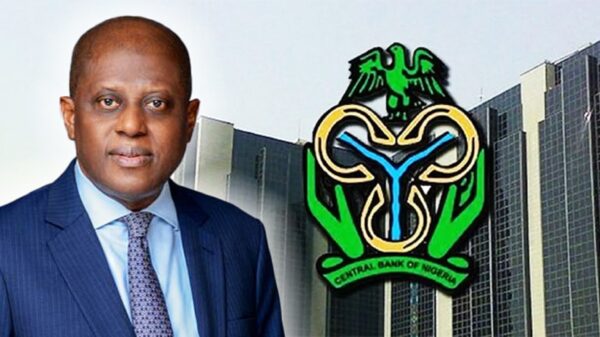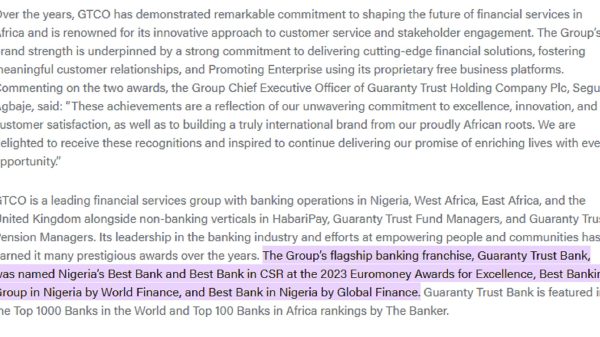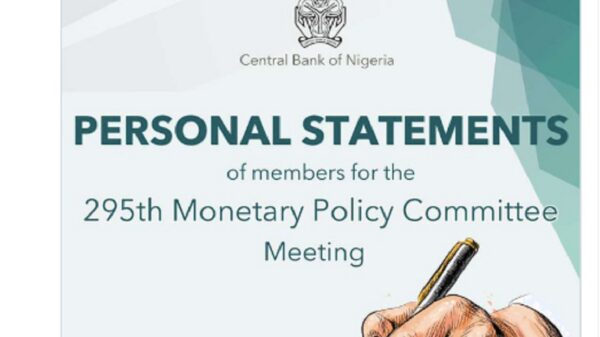In a recent announcement, Nigeria’s electricity sector has seen a significant change with the deregulation of meter prices. This change is expected to affect both electricity distribution companies (Discos) and consumers in various ways. Let’s delve into what this means and how it could impact everyone involved.
Understanding Deregulation of Meter Prices
What is Deregulation?
Deregulation means that the government will no longer control how much meters cost. Before, the government set a fixed price for meters, which often caused problems because the fixed price might not match the actual cost of producing or buying the meters. Now, with deregulation, the market (meaning the companies that make and sell meters and the consumers who buy them) will decide the prices. This could lead to different kinds of meters being available at different prices.
Why Did This Happen?
The main reason behind deregulating meter prices is to solve some big problems in the electricity market in Nigeria. For years, many customers have been billed estimated amounts because they didn’t have meters. This led to complaints about being charged too much. By making meters more available and letting prices be set by the market, it is hoped that more people will be able to get meters. This would make billing more accurate and fair.
Benefits of Deregulation
With deregulation, different types of meters might become available. For example, a small house doesn’t need the same kind of meter as a big factory. Now, consumers can choose a meter that fits their needs and budget.
Potential for Lower Prices
When companies compete with each other, prices can go down. If there are many meter providers, they might lower their prices to attract more customers. This competition could make meters more affordable for more people.
Faster Access to Meters
In the past, getting a meter could have been a slow and frustrating process, partly because there weren’t enough meters available at the controlled prices. With deregulation, companies might be encouraged to supply more meters, making it easier and quicker for consumers to get them.
Challenges to Watch Out for Monitoring the Market
Even though deregulation can bring benefits, it’s important that it’s done carefully. There needs to be good monitoring to make sure that companies don’t charge too much or provide low-quality meters. The government or another organization will need to keep an eye on how things are going and step in if needed.
Ensuring Fair Access
There’s also a risk that some people might end up paying too much for meters if they live in areas with less competition. It’s crucial that all consumers, no matter where they live, have fair access to affordable and good-quality meters.
The Bigger Picture: Telecom and Power in Nigeria
This move to deregulate meter prices isn’t just about meters. It’s part of a larger picture of how services like electricity and telecommunications are provided in Nigeria. Both of these sectors are crucial for daily life and for the economy. They both rely on big networks of physical infrastructure, and both have been facing challenges like rising costs and regulatory issues.
Are Prices on the Rise?
Similar to the electricity sector, the telecommunications sector in Nigeria is also under pressure to raise prices. This is because the costs to maintain and expand the network are going up. However, like with electricity, any price increase in telecom services needs to be balanced with the needs and budgets of consumers.
Conclusion: A Step Towards Better Services?
Deregulating meter prices could be a good step towards fixing some of the long-standing issues in Nigeria’s electricity sector. By allowing market forces to play a role, there could be more innovation, better service, and lower prices. However, it’s important that this change be managed well to make sure that all the potential benefits are realized and that the challenges are addressed.
Both the electricity and telecommunications sectors are at a crossroads. How they navigate the challenges of cost, regulation, and service quality will be crucial not just for the companies involved but for all Nigerians who rely on these essential services every day.





















































You must be logged in to post a comment Login